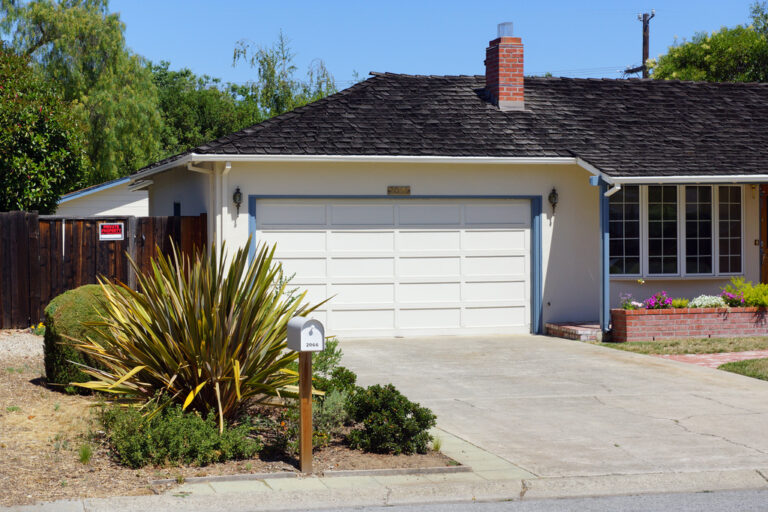Physical Address
304 North Cardinal St.
Dorchester Center, MA 02124
Physical Address
304 North Cardinal St.
Dorchester Center, MA 02124

If there’s one thing that unites TV and film since the fifties, it’s the archetype of the dastardly developer – forever destroying homes and hiking rents. But it wasn’t always this way. Where did this trope come from, and is it true? This week on Pop Culture Urbanism, I dig into the cronyism and red tape that turned developers into Hollywood’s favorite villain. Be sure to follow future episodes by subscribing to the Pacific Legal Foundation on YouTube! We have a lot of content in the hopper that you won’t want to miss.

When it comes to the impact autonomous cars will have on cities, there’s plenty of room for disagreement. Will they increase or decrease urban densities? Will they help with congestion or make it worse? At the same time, there seems to be widespread agreement on at least two things: First, far fewer people will own cars. Second, we are not going to need nearly as much parking. By combining the technology of autonomous cars with the business model of transportation network companies like Uber and Lyft, low-cost, on-demand ride-hailing and dynamic routing bus lines could eliminate the need to keep an unused car hanging around for most of the day. When that happens, we will need far fewer parking spaces, turning on-street parking into wider sidewalks and bike lanes and surface lots and parking ramps into residential and commercial uses. So how does the humble American residential garage fit into all this? On its face, the garage is little more than the sheltered parking space that comes with most single-family homes. Yet the garage holds a certain mythological status in the American psyche: It gave rise to iconic American brands like Disney, Harley Davidson, and Mattel. It offered a space in which the firms that would launch the digital economy could get their start, including HP and Apple. Google and Microsoft, which both started in garages, maintain “garage” work spaces to this day in order to cultivate innovation. By providing a flexible space in which knowledge, free time, and ambition can transform into entrepreneurial innovation, the garage has played a crucial role in the American economy. At least in the near term, garages are not going anywhere. Unlike municipal governments and large private landowners who will likely face immediate political and market pressures to retool their parking spaces, many homeowners are structurally stuck with their garages. Millions of garages could go unused, occasionally kept active by automobile hobbyists, most likely turning into de facto storage units. But it doesn’t have to be […]